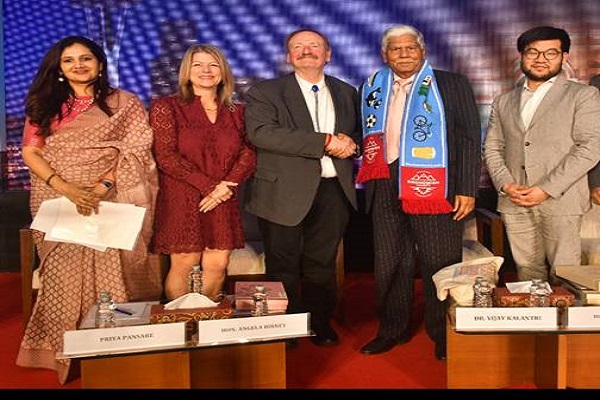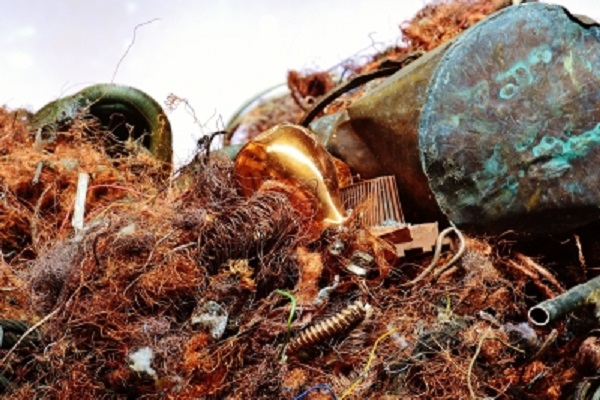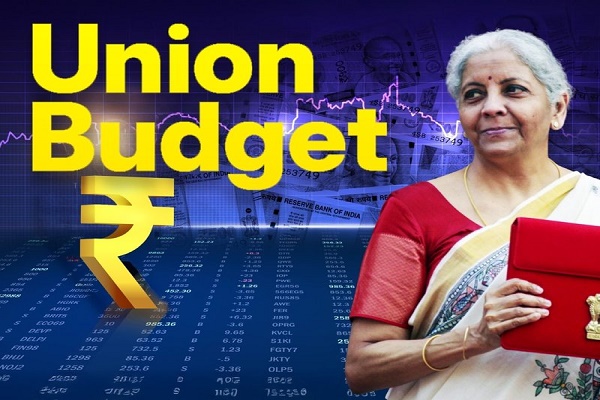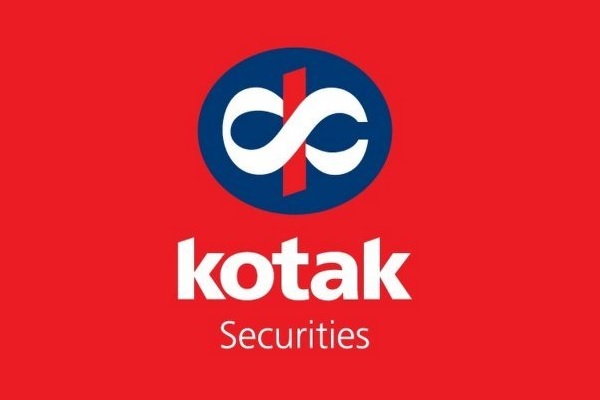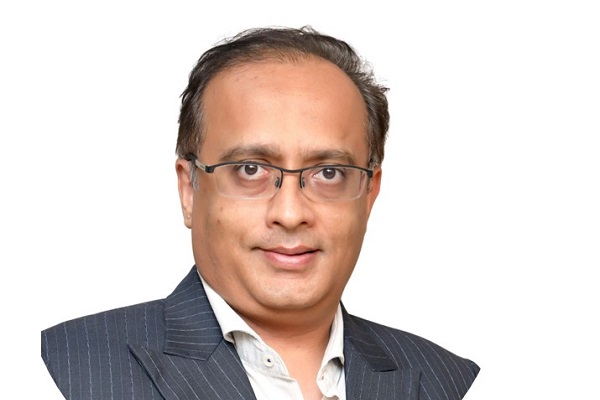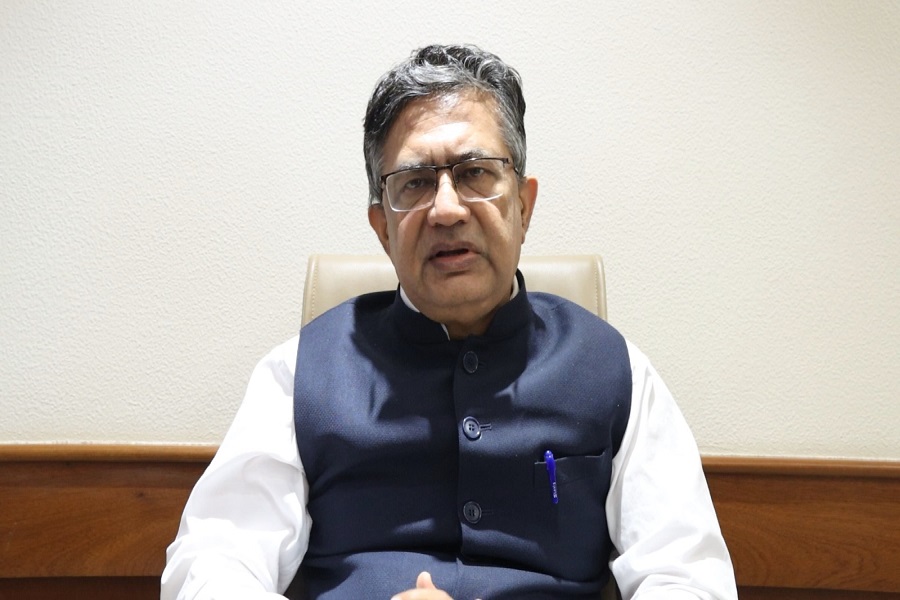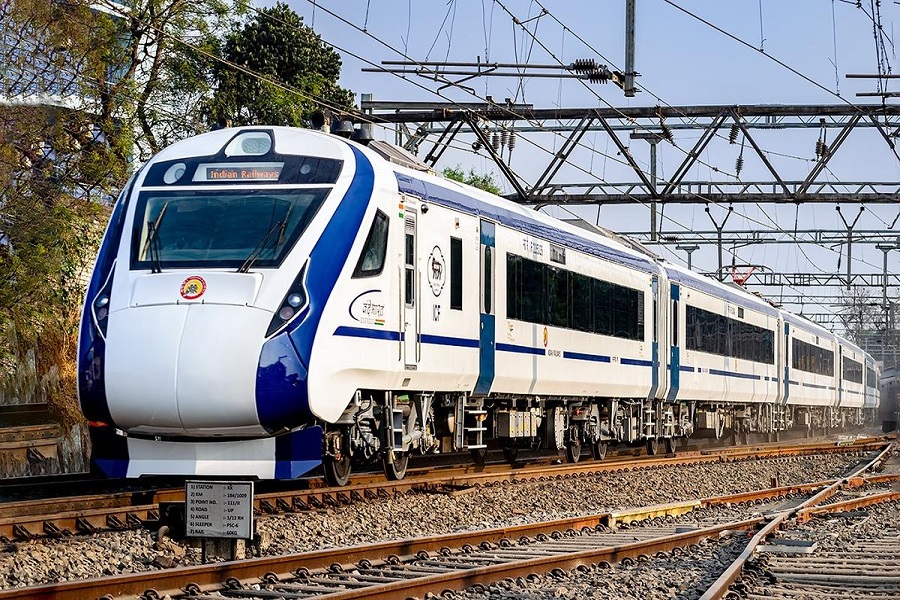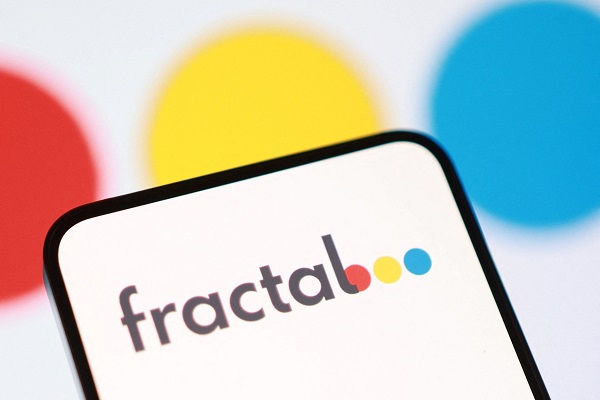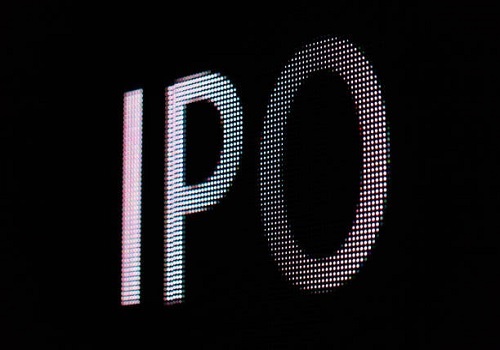Agarwal Toughened Glass coming with IPO to raise Rs 62.64 crore

Agarwal Toughened Glass India
- Agarwal Toughened Glass India is coming out with an initial public offering (IPO) of 57,99,600 equity shares in a price band Rs 105-108 per equity share.
- The issue will open on November 28, 2024 and will close on December 2, 2024.
- The shares will be listed on SME Platform of NSE.
- The face value of the share is Rs 10 and is priced 10.50 times of its face value on the lower side and 10.80 times on the higher side.
- Book running lead manager to the issue is Cumulative Capital.
- Compliance Officer for the issue is Neha Jadoun.
Profile of the company
Agarwal Toughened Glass India was incorporated with the primary goal of becoming a recognized manufacturer of toughened glass. Choosing and purchasing land from RIICO under a leasing agreement dated June 27, 2010, building a factory by gaining the required approval from many government agencies, authorities, etc., for the period from FY 2010 to FY 2014, is how the company began to take action. During the fiscal years 2014 to 2015, orders were placed for the import of machinery, and work on the construction and installation of plant and machinery began. In the fiscal years 2015 to 2016, the company began testing various units. It wouldn’t be out of place to note that the company needed to dedicate time between 2009 and 2015 in order to accomplish this goal. The company’s balance sheet for that period shows revenue from glass trade that the company conducted during that time.
It is a company that produces toughened glass by processing several types of glass. It provides a range of thickness and size options for its hardened value-added glasses. Processing the float glass yields the toughened value addition glasses. Following the manufacturing of toughened glass, various types of glasses are produced, including laminated, frosted, tinted, reflecting, clear, and double-glazed toughened glass. Toughened glass is used in many demanding applications because of its strength and safety, such as shower doors, refrigerator trays, mobile screen protectors, bulletproof glass for diving masks, and a variety of plates and cookware. It is also used in architectural glass doors and tables. Toughened glass is also frequently utilized as dividers in buildings housing residential and commercial apartments, hospitals, airports, shopping centers, stairwells, balustrades, and other architectural elements.
The company processes a range of toughened glasses that meet the quality criteria set by the Bureau of Indian criteria (BIS) to be used with the ISI label. It can now compare its Quality Management System to the best in the world thanks to its ISO 9001:2015 certification. It only sells its products within India catering to segments such as office buildings, hotels, institutions, banks, insurance firms, shopping centers, diplomatic homes, etc. The company’s products are used in a multitude of applications, including as the exterior and interior spaces of residential and commercial structures, and cater to a variety of end use industries, including the construction, automotive, and industrial sectors.
Proceed is being used for:
- Purchasing of machinery at its existing manufacturing unit
- Repayment of certain borrowings
- Meeting incremental working capital requirements
- General corporate expenses
Industry Overview
Glass is an inorganic and transparent product produced by melting a mixture of silica sand, soda ash, limestone and other ingredients by heating the mixture at a very high temperatures and followed by gradual cooling. It differs in colour and density depending upon the addition of several other elements and oxides. Glass is used primarily in the construction sector and automobile sector. In the construction sector, glass is used in exteriors and interiors in residential commercial and industrial buildings, viz. Exteriors: Windows, doors, ventilators, lifts, skylights, curtain walling, structural glazing, owning e Interiors: Cabinets, table tops, shower cubicles, partitions, doors, counter tops, wall panelling etc. Mirrors are another major user of glass. The glass industry comprises four key segments - flat glass, container glass, fibre glass and specialty glass. Flat glass industry is divided into float glass, solar glass, figured glass and sheet glass.
The Indian float glass market is projected to grow at a CAGR of over 7.5% during the forecast period of 2024-2029. The growing focus on renewable energy is driving the demand for solar glass. Companies are investing in modernizing their manufacturing processes to improve efficiency and product quality. The Indian float glass market is consolidated with major players including Saint-Gobain, Asahi India Glass Limited, Gujarat Guardian Limited, Gold Plus Float Glass, and Sisecam. The Indian float glass industry is set to expand its capacity by 65% over the current and next fiscal years. This expansion, involving investments between Rs 7,200 to Rs 7,500 crore, will increase the industry's total installed capacity from 8,700 to 13,600 tonnes per day (TPD). The capacity utilization of Indian float glass manufacturers has also improved significantly, currently around 90%, up from 75-80% two years ago. The growth in demand for float glass is driven by several factors, including increased use in the building and construction industry, the automotive sector, and the rise in consumer preference for premium products. India’s per capita consumption of float glass is approximately 2.5 kg, compared to 7-10 kg in developed countries, indicating significant growth potential. The float glass demand is expected to grow 10-12% this fiscal year in volume terms.
Glass is preferred in offices as it helps save space, permeates translucent lighting and facilitates quieter environments. With environmental sustainability becoming increasingly important, demand for green buildings is particularly high among corporates. Glass is seeing more usage in building exteriors, helping users achieve energy efficiency as reflective glass absorbs and reflects a significant amount of the outside heat thereby sustaining the interiors and allowing natural light to pass through. Glass-to-wall ratio per household is expected to further rise as glass is replacing brick, wood and metal usage. For instance, wooden tabletops and cabinet shelves are being replaced with glass for better aesthetics. Glass usage intensity is rising as window sizes are increasing. With the standard of living improving, smaller mirrors are getting replaced with bigger ones. Glasses are finding newer applications in wardrobes, kitchen cabinets, room doors, bathroom cubicles etc. Glass is seen as the material of choice as ongoing innovations in the glass industry increase the products’ safety and aesthetics. Some of the products of such innovations include tinted, toughened, lacquered, and laminated glass.
Pros and strengths
Strong brand presence in Indian market: Over the past few years, the company has established itself as a reputable, high-quality, and trustworthy brand, for which it has won numerous accolades. As a result, it is now better known as one of the top companies in the Indian glass market. The track record of its business has helped it to establish a strong sense of credibility and brand recognition. The company’s development has been greatly aided by the acceptability and recognition of the brand Agarwal-Glasses for New Era.
Long standing relationship with customers: Having been in the toughened glass production business for the past eight years has allowed it to continuously meet the needs of its customers for a wide range of glass. Its current connections help it to draw in new business and receive repeat business from its existing clientele. This has aided it in strengthening its customer retention strategy and preserving long-term working relationships with its clients. Due to its solid client relationships, it frequently receives repeat orders and has developed a competitive edge in attracting new business and growing its clientele. Its current relationships with clientele shall serve as a key differentiator among other players.
Consistent focus on quality: Throughout the whole process from sourcing, processing, packaging, and supply, it upholds a strict quality control. The company follows a strict quality standard in the entire process through both its industrial units. Quality, in its opinion, is a need for both a satisfying customer experience and enduring brand loyalty. Its production facilities hold an ISO 9001:2015 certificate. It undertakes various tests for its products including human impact, ball drop, design & visual examinations, annealing assessments (residual stress), glass thickness and weight measurements etc. Its success has been largely attributed to its dedication to strict quality control, which has also helped consumers associate its brand with openness and trust.
Risks and concerns
Maximum revenue comes from limited customers: The company’s business operations are highly dependent on its customers and the loss of any of its customers may adversely affect its sales and consequently on its business and results of operations. The top 10 customers of the company aggregated to 40.46%, 34.31%, 36.84% and 40.43%, of its total revenue, for the stub period ending September 30, 2024, FY 2024, 2023 and 2022 respectively. The actual sales by the company may differ from the estimates of its management due to the absence of long term agreements. The loss of one or more of these significant or key customers or a reduction in the amount of business it obtains from them could have an adverse effect on its business, results of operations, financial condition and cash flows.
Dependent on few suppliers for the material requirements: The company’s top 10 suppliers contributed 99.33%, 99.96%, 99.87% and 98.46%, of its total material requirements for the six months’ period ended September 30, 2024 and financial year ended March 31, 2024, 2023 and 2022, respectively. In its industry, generally there are no definitive agreements with the suppliers of the products it sells. It also does not have any long-term supply agreements with a majority of its suppliers or distributors and it procures its products on a purchase order basis. Failure to successfully leverage its relationships with existing suppliers or to identify new suppliers could adversely affect its business operations.
Geographical constrain: The company’s manufacturing units and its business operations are located in Rajasthan. Its products find extensive application in the general households and commercial industries of Rajasthan. Further, since its manufacturing units are concentrated in Rajasthan any political disruption, natural calamities or civil disruptions, opposition and protests, particularly in locations where it operates in Rajasthan, could adversely affect its business operations or strategy. There is no assurance that such disruption in business operations would not bring any hindrance in the functioning of its manufacturing units. Consequently, its business, results of operations, cash flows and financial condition have been and will continue to be heavily dependent on the performance of, and the prevailing conditions affecting the glass industry in Rajasthan.
Outlook
Agarwal Toughened Glass India manufactures tempered glasses. The company's products are used in various industries, such as shower doors, refrigerator trays, mobile screen protectors, bulletproof glass for diving masks, and a variety of plates and cookware. The company is ISO 9001:2015 certified for its Quality Management System. On the concern side, the company depends on a few customers of its products, for a significant portion of its revenue, and any decrease in revenues or sales from any one of its key customers may adversely affect its business and results of operations. Moreover, the company is dependent upon few suppliers for the material requirements of its business. Further, it does not have definitive agreements or fixed terms of trade with most of its suppliers. Failure to successfully leverage its relationships with existing suppliers or to identify new suppliers could adversely affect its business operations.
The company is coming out with a maiden IPO of 57,99,600 equity shares of Rs 10 each. The issue has been offered in a price band of Rs 105-108 per equity share. The aggregate size of the offer is around Rs 60.90 crore to Rs 62.64 crore based on lower and upper price band respectively. On performance front, during the FY 2024, the revenue from operations was Rs 3832.78 lakh as compared to Rs 3,995.03 lakh in FY 2023. The decrease is due to shift of some operational revenue to other income and also shift in focus of company to procure high margin order of glass in various building structures and increased focus on real estate sector. Moreover, the company’s PAT has increased from Rs 96.97 lakh to Rs 868.52 lakh in FY24. This is due to better margins on product sales, and improved business opportunities in real estate projects through which the company has shown overall growth.
In order to support its business operations and boost efficiency, the company wants to keep investing in its current infrastructure facilities. It wants to add one additional advanced production line machine or advanced tempering machine (with upper forced fan convection through steel tubes) to the current production line in order to improve its capacity to create laminated glasses. The company’s manufacturing capacity will expand with the addition of one more line of production, which will boost sales and operating revenue.



